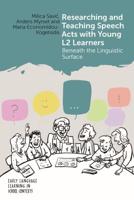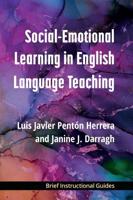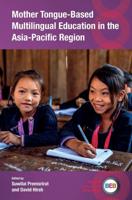Publisher's Synopsis
The general public often views early childhood education as either simply "babysitting" or as preparation for later learning. Of course, both viewpoints are simplistic. Deep understanding of child development, best educational practices based on development, emergent curriculum, cultural competence and applications of family systems are necessary for high-quality early education. Highly effective early childhood education is rare in that it requires collaboration and transitions among a variety of systems for children from birth through eight years of age.
The SAGE Encyclopedia of Contemporary Early Childhood Education presents in three comprehensive volumes advanced research, accurate practical applications of research, historical foundations and key facts from the field of contemporary early childhood education.
Through approximately 425 entries, this work includes all areas of child development - physical, cognitive, language, social, emotional, aesthetic - as well as comprehensive review of best educational practices with young children, effective preparation for early childhood professionals and policy making practices, and addresses such questions as:
· How is the field of early childhood education defined?
· What are the roots of this field of study?
· How is the history of early childhood education similar to yet different from the study of public education?
· What are the major influences on understandings of best practices in early childhood education?









